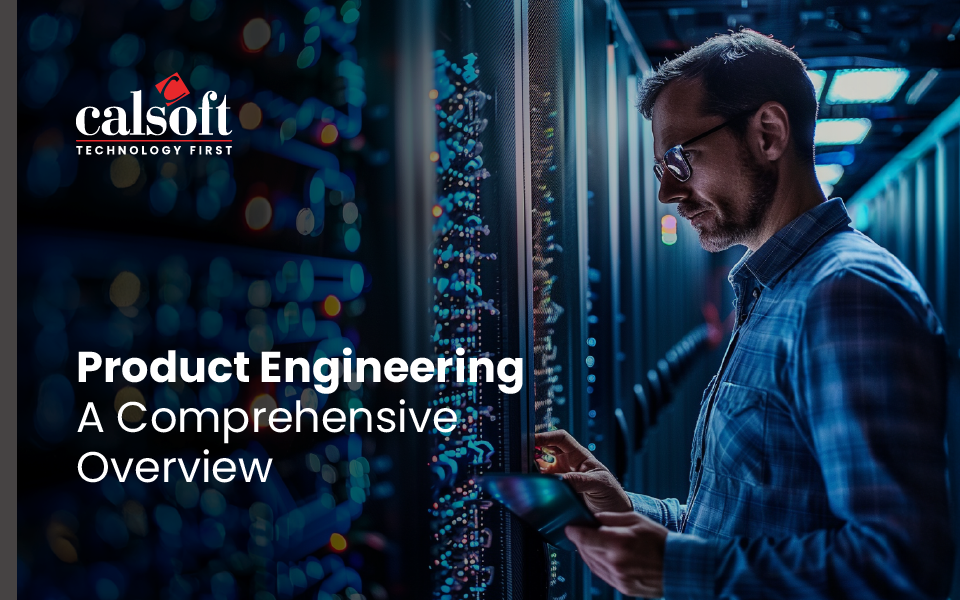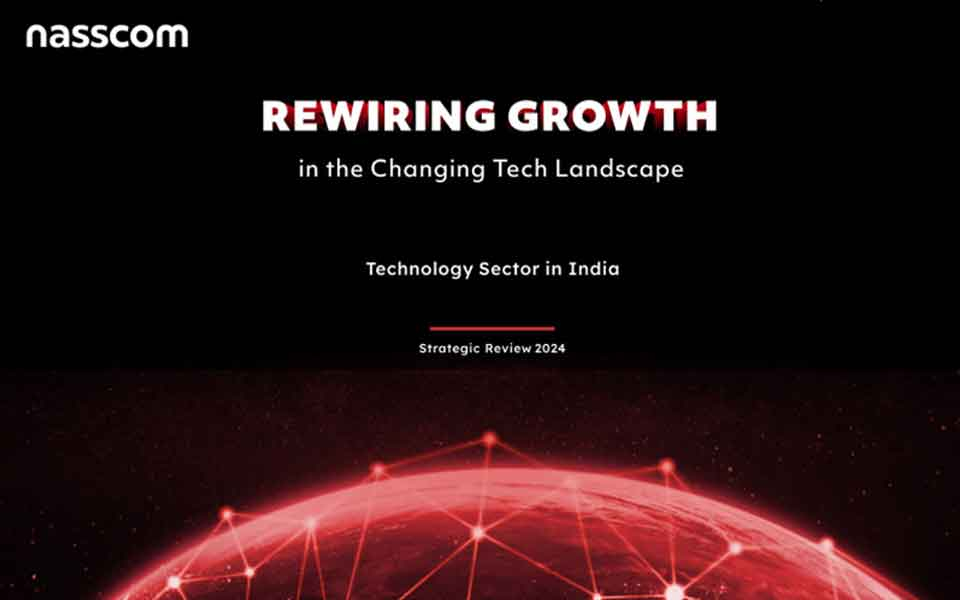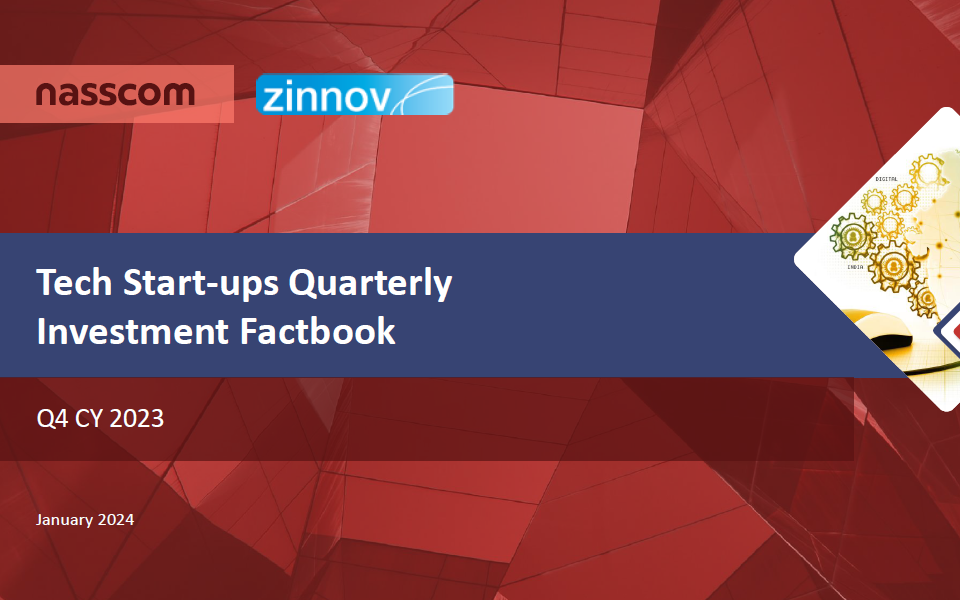
Digvijay Singh, Chief Operating Officer, Indian Angel Network
IAN has been one of the earliest angel funds in India – can you point out five major changes in angel investing in India from the beginning of this decade to now?
Riding the proverbial tide which raises all boats, the angel investment activity in India has maintained an upswing in its growth trajectory since the beginning of this decade and a sharp uptick in the past few years. Naturally, it is both the product as well as the cause of the bolstered state of the Indian start-up ecosystem which has veritably exploded to become the third-largest in the world. Although there are many other factors that have influenced, and even shaped, the growth curve of the country’s start-up landscape, I will attempt a distilled explanation in five brief points.
Chronologically speaking, the first big change which delivered industry-wide impact was the introduction of the angel tax in 2012. Despite the stifling effect it had on the start-up activity across the country, it could hardly restrain the entrepreneurial dream. In fact, the last few years have seen the emergence of some of the biggest names in the country’s start-up domain such as Flipkart, Zomato, OYO, Swiggy, Paytm, and so on. Considering that almost all of these are tech-led enterprises, the shift towards digital adoption and innovations in – and on the back of – technology can be considered the second most remarkable development in the India entrepreneurship.
The change in the regulatory mindset is another major change which has transformed the start-up landscape for the better by enabling and incentivising angel investment and entrepreneurship across sectors. Fourth development, chronologically, and the most noteworthy in terms of its impact has been the much-awaited reformations and relief from the angel tax that came about in February 2018 after much lobbying by prominent industry bodies, especially IAN. This, along with the provisions proposed under Union Budget 2019 – the fifth development – DIPP-registered start-ups are now exempted from angel tax under certain conditions, in addition to other benefits.
Deeptech investment is gaining traction today as fund sizes are getting bigger – your thoughts on this investment trend in India?
The rise of the deeptech is a natural phase in the growth trajectory of technology – and the concomitant benefits that the global industrial landscape stands to benefit from it – which spans decades. In other words, the success of the deep-tech sector on all accounts as we see today is neither sudden nor transitory. As technological advancements became a part and parcel of our daily lives, people have developed what we can call a technological sensibility. The young bright minds of today are adept at using the latest batch of technology and are fairly comfortable towards accepting and adopting new developments as they come along. From an investor point of view, the growing interest in niche technology sectors has this burgeoning talent pool to thank for it. After all, new-age entrepreneurs are increasingly coming up with innovative ideas with disruptive potential and stronger pitches. Considering how things are panning out, this trend is here to stay for the foreseeable future.
Please elaborate on IAN’s investment portfolio in deeptech start-ups – how important is this sector to your overall investment strategy?
While the primary focus of angel investors is on generating lucrative returns, investment in deeptech sector also falls in line with our mission of driving the country towards a sustainable, safer, and a more progressive future. The Network has funded many such new-age ventures across sectors including healthtech, cleantech, agritech, biotech, and so on. For example, one of our investee start-ups Agatsa aims to revolutionize affordable healthcare delivery landscape in the country by leveraging technology to enable early diagnoses and management of diseases. Chakra Innovation is another of IAN’s portfolio company which is focused on building tech-driven products to help reduce air pollution. In the same vein, Swadha Energies is a cleantech venture which provides energy conservation solutions on the back of its tech-enabled offerings.
What do angel investors expect from deeptech start-ups prior to investing in them?
The rule of thumb for winning an investor’s trust is to prepare a strong and convincing pitch. Of course, it goes without saying that the idea must have disruptive potential. Given the level of risk at which angel investors operate, they usually seek high-potential ventures which are either addressing the white space in the market or resolving incumbent problems in an innovative manner. In other words, in a highly-competitive marketplace where new deeptech ventures are cropping up daily, a start-up must have a globally defensible IP and business model. Another factor which all investors are interested in is the commitment of the founders to their vision. After all, it is the founder in which an investor invests, not the start-up. Therefore, an investor is most likely to trust a founder whose business vision aligns with their business model and has a clear understanding of how they will utilize the funding to scale their venture.
In this highly competitive industry of VC funding, how are angel investors continuing to influence investor trends and retain their relevance?
The one key factor which differentiates angel investors is that apart from capital, they also invest time and efforts into a venture. They work in close conjunction with the founder by offering strategic guidance and mentorship as and when necessary. While it is true that an investor seeks to generate profitable returns, they also nurture the business alongside the founder and help it achieve scale and growth by unlocking its potential on the back of their vast knowledge base, extensive experience, and strong industry connect.
From the time of inception of IAN to now, what are the most notable changes seen in entrepreneurs today?
The early wave of entrepreneurs that we catered to in our initial years was innovating in a still nascent industry. From then to now, both the industry and the entrepreneurs have come a long way. New-age entrepreneurs have a clear business vision and are more informed about the industry. They do their research beforehand and have already built a robust marketing strategy. We have also registered an increase in the number of strong, convincing pitches from young innovators of today. What is more remarkable is the fact that modern entrepreneurs are more focused on driving social as well as environmental impact on the back of their ventures. With such innovators coming to the fore, the future of both the country and the start-up ecosystem is in safe and very capable hands.
The level of risk with angel funding is quite high – how does IAN help balance this risk out for the investor?
To begin with, our selection process is cautious; we choose high-potential ventures which we feel can drive the maximum impact. The Network members are highly experienced and carry extensive knowledge under their belt due to which they can easily assess both the potential and the risk at an early stage. Following the selection, we pay special attention to each of our ventures by providing them with rigorous monitoring and mentorship to help them succeed. This approach has helped the Network to operate at a very low failure rate of 15%.
There is plenty of traction seen in India’s Tier 2/3 cities. Is IAN capitalising on this breed of startups? Do you see potential there?
The country’s tier-2 and tier-3 regions represent a largely untapped playfield for Indian innovators and investors. On the back of increased digital penetration in these areas, many start-ups are emerging that are fast recognizing the pain points in the region and coming up with innovative solutions to tackle the same. For instance, we have registered a surge in the deal flow in the agritech sector as various high-potential ventures are aiming to enhance farming techniques using technology.
The govt decision to ease up on startup tax has come as a relief – how does this affect angel investments?
While the proposed reformations have eased regulatory friction to a large extent, some issues still exist. We welcome the government’s decision to exempt DIPP-registered start-ups from angel tax. However, this provision comes with a catch. For start-ups to avail of the exemption, they must abide by certain conditions, one of which is that they must not invest in any securities. By extension, this provision forbids a DIPP-registered start-up to partake of any M&A activity which involves the transaction of equities which represents a type of security. This not only fetters the growth of start-ups – many of which depend upon M&As to stay solvent in a hostile market environment – but also stifles investor activities. After all, M&As in start-ups are typically orchestrated by angel investors as they enable them to enhance and preserve their investments while carving out easier and quicker exit routes.
This is part of our ongoing series TechVoice, where we bring to you the leaders of the industry talk about the latest in innovation, technology and trends in their industry sectors. If you want to contribute, write to sindhuja@nasscom.in
For more updates, follow NASSCOM CoE IoT-DSAI on LinkedIn, Twitter, Facebook, and Youtube


























